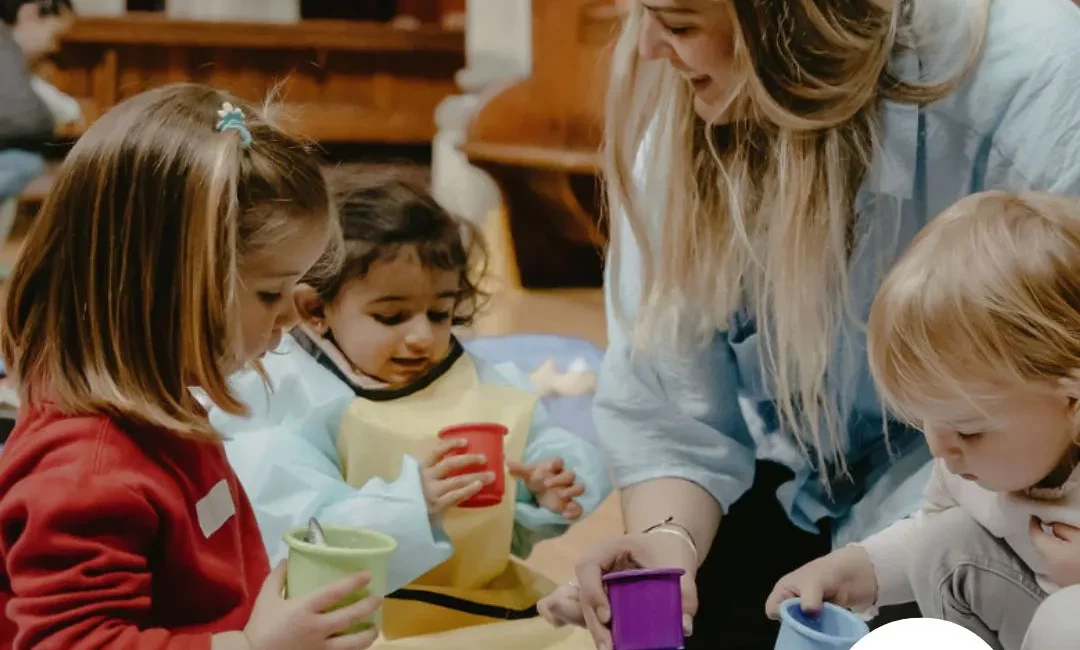Introduction:
In the ever-evolving landscape of education, one philosophy stands out for its holistic approach to child development – Play-Based Learning. As the founder of Shaping Little Minds, I’ve witnessed firsthand the transformative power of this approach, and it’s time to explore what makes it so unique.
What is Play-Based Learning?
Play-based learning is an educational approach centered around children engaging in play activities that are both fun and educational. It harnesses the inherent curiosity and creativity of children, allowing them to explore, experiment, and learn in a natural and enjoyable way. The process is child-led, allowing young learners to take the reins of their education.
How Does it Differ?
1. Child-Centric vs. Teacher-Centric:
In traditional education models, teachers often lead the learning process, setting the pace and curriculum. Play-based learning, on the other hand, places the child at the center. It acknowledges that every child is unique and progresses at their own speed, fostering a love for learning.
2. Exploration vs. Instruction:
Play-based learning prioritizes exploration and hands-on experiences over direct instruction. Rather than memorizing facts, children learn through doing – whether it’s building with blocks, engaging in messy play, or solving problems through play-based activities.
3. Social and Emotional Development:
While traditional education focuses on academic milestones, play-based learning places equal importance on social and emotional development. Children learn to navigate relationships, express themselves, and regulate emotions, laying a robust foundation for future success.
4. Flexibility and Adaptability:
Play-based learning adapts seamlessly to a child’s developmental needs. It doesn’t confine learning to a rigid structure, allowing for flexibility and adaptability. This approach ensures that learning remains enjoyable and tailored to each child’s unique strengths and interests.
Why Play-Based Learning Matters:
1. Joyful Learning:
Play-based learning is inherently joyful. When children are having fun, they are more engaged and motivated to explore, discover, and learn. The joy experienced during play fosters a positive attitude towards learning.
2. Nurturing Creativity:
Creativity is a cornerstone of play-based learning. From imaginative play to artistic expression, children are encouraged to think creatively, problem-solve, and unleash their imaginative potential.
3. Long-lasting Impact:
The skills acquired through play-based learning extend beyond the classroom. Children develop critical thinking, communication, and collaboration skills, setting them on a trajectory for success in future academic and life endeavors.
Shaping Little Minds’ Play-Based Learning Approach:
At Shaping Little Minds, play-based learning is not just an approach; it’s a way of life. Our interactive sessions revolve around six engaging stations, including messy play, sensory exploration, arts and crafts, cognitive activities, homemade playdough, and a gross motor circuit. With a theme of the week, an interactive story kickstarts the session, allowing children to choose their play stations, fostering autonomy and a love for exploration.
In conclusion, play-based learning is not just a pedagogical approach; it’s a philosophy that embraces the uniqueness of every child. By incorporating play into education, we unlock the door to a world where learning is joyful, meaningful, and everlasting.
As a passionate advocate for play-based learning, I invite you to join the movement, celebrating the power of play in shaping little minds.





